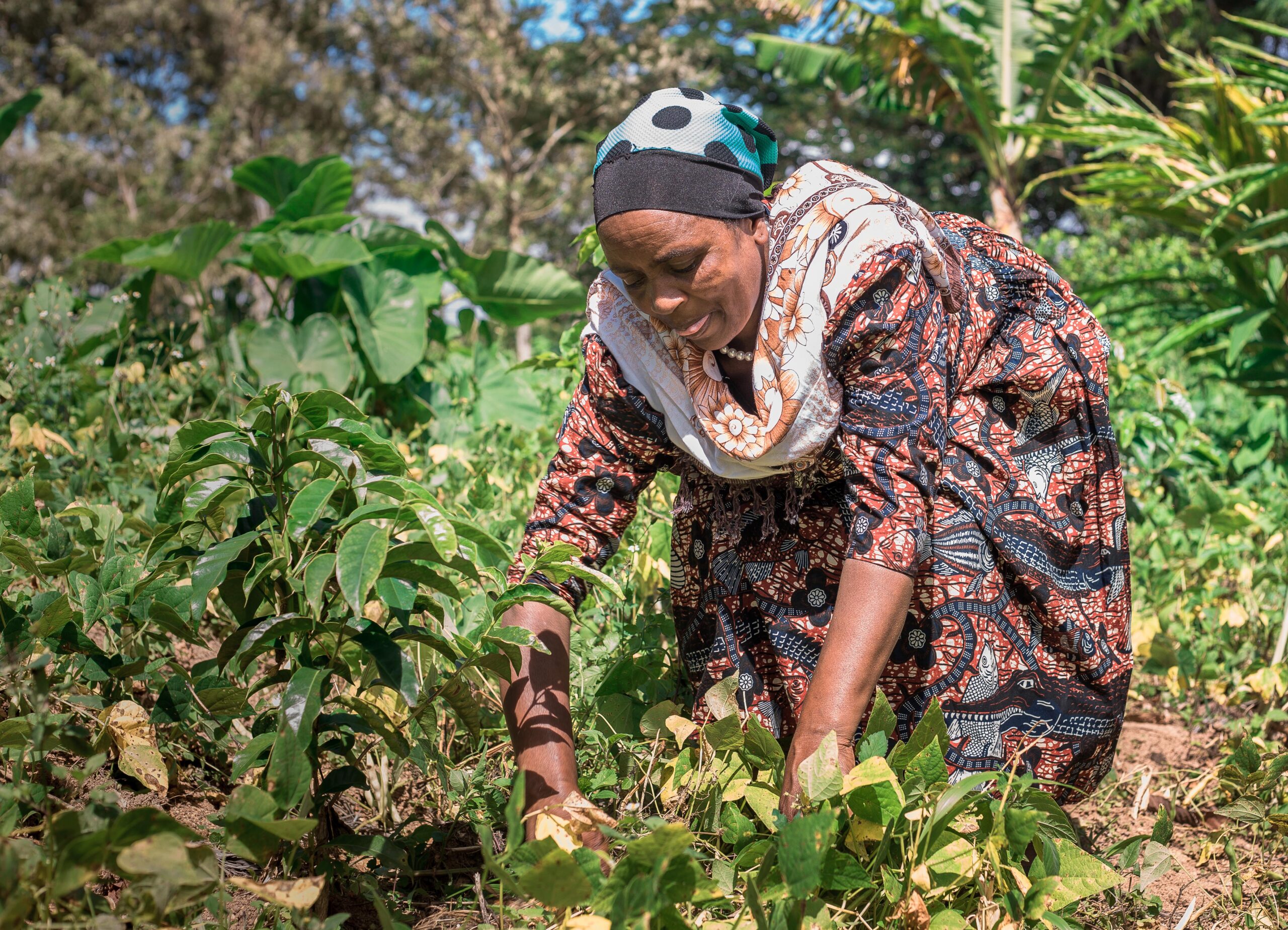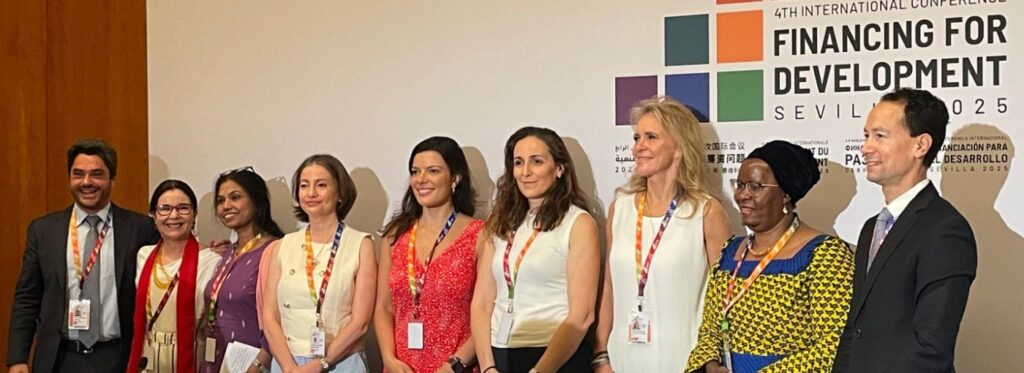Reflections from the African Fine Coffees Association (AFCA) Conference
Global and Regional coffee conferences like the just concluded Africa Fine Coffees Association (AFCA) Conference 2019 have an opportunity to address the key challenges facing the coffee sector, but do they? On 10-15 February 2019, thousands of delegates from multinational coffee organizations, traders, roasters, government and farmers gathered in Kigali, Rwanda for yet another regional event. This was in the wake of 25 million coffee farmers globally, who face a bleak future with meager fortunes. The global coffee prices have declined by two thirds since the 1980s.
The question that begs is where is the farmer in all these engagements?
To answer this question, we need to wear two comparative lenses: One looking at the issue from the bottom of the value chain where the smallholder coffee farmer sits, and the other lens looking at the issues from the perspective of the multinational marketers and roasters who sit at the top of the ladder. Let’s look at the current issues and trends from a farmer’s perspective:
For majority of small holder farmers, coffee is not the main crop as they have had to make ends meet by venturing into alternative crops. Many farmers in Kenya for example are abandoning coffee farming. The crop is no longer attractive to the youth, who have had to migrate to urban centers, leaving behind an ageing farmer population and ageing coffee trees that are now threatened by urban developments in the outskirts of major cities, particularly in Nairobi. The payout that finally hits the farmers account is determined by how well the cooperative is managed and concerns around the management and governance of primary cooperatives remain a key area of pre-occupation for farmers in Kenya.
On the other hand, the trends among the trading companies and roasters are those of high premium rates where the companies have raised the bar towards quality coffee, acquisitions and mergers, the preference for organically produced coffee and tedious certification processes. These trends clearly point to an increasingly lucrative market place, where the end consumer is willing and able to pay more for the beverage, that is enjoyed globally. It is ironical that only a paltry 10 per cent of the value reaches the farmer, despite the hard work that goes into production of the coffee beans, in the backdrop of an erratic climate, occasioned by climate change.
Looking at the trends around the issues, there is a clear disconnect between what matters to the coffee farmer and what matters to the buyers and consumers up the ladder. While some farmers attend these meetings, their voice and place on the table is often subdued as the agenda that guides the discussions is not set with the farmer on the table.
There is a flip side. While we blame the absence of the farmer at the table, the farmers themselves have some work to do, in terms of ensuring that they have in place a credible and effective farmer representation mechanism that is able to articulate and voice their concerns and to make proposals that are informed by their realities. In the absence of alternate proposal, opinion and voices, meetings like the just concluded AFCA conference will remain elitist and disconnected form the realities of the farmer, who remains the backbone of the coffee value chain.




